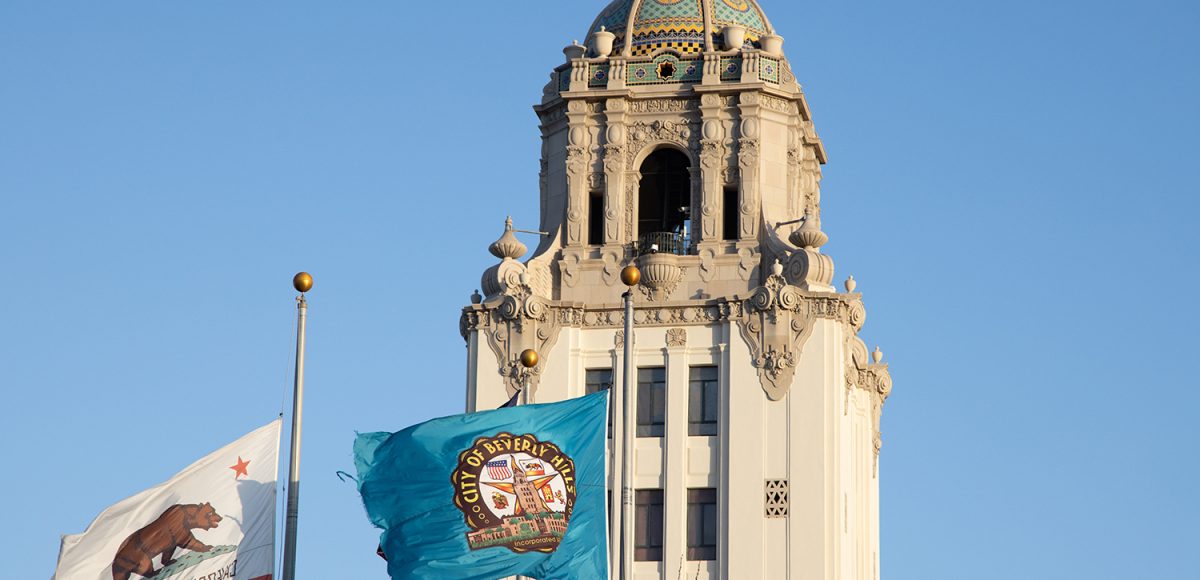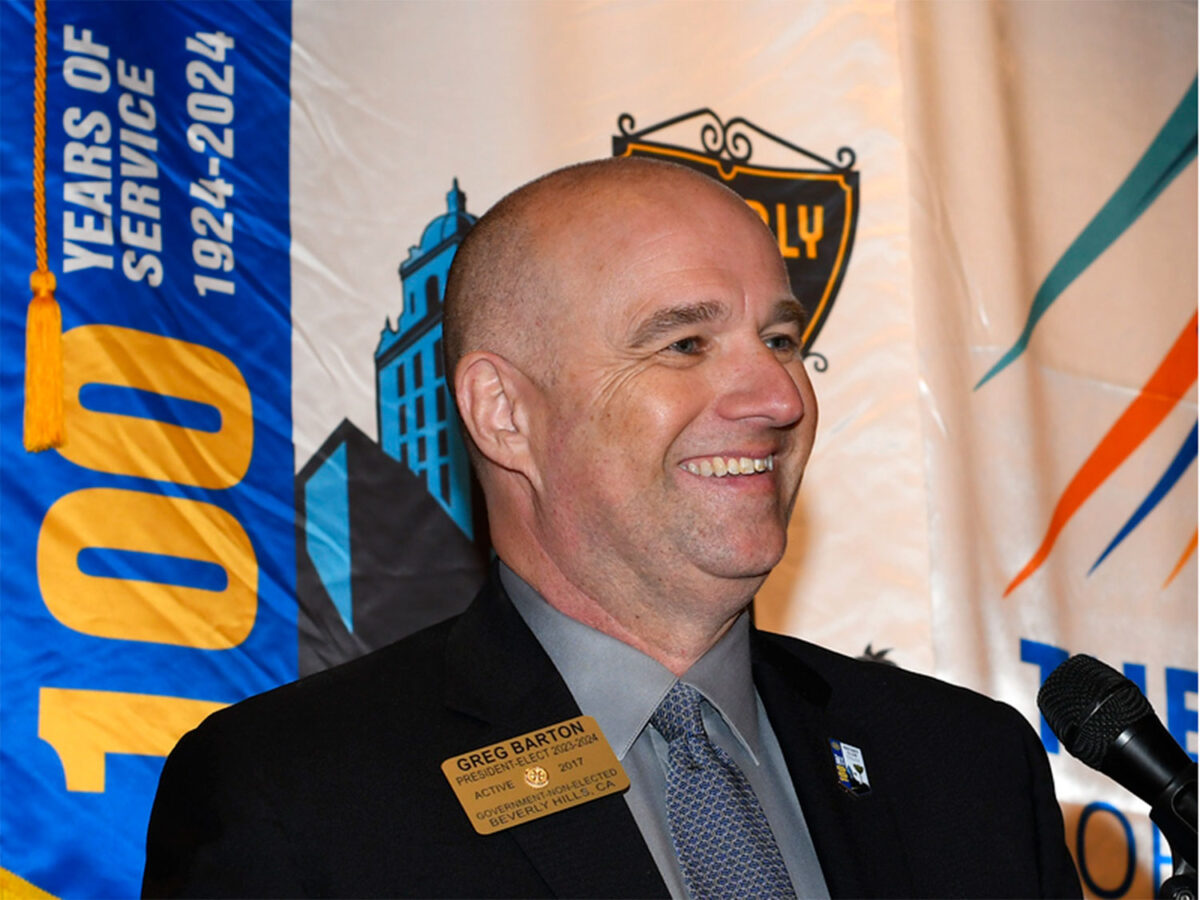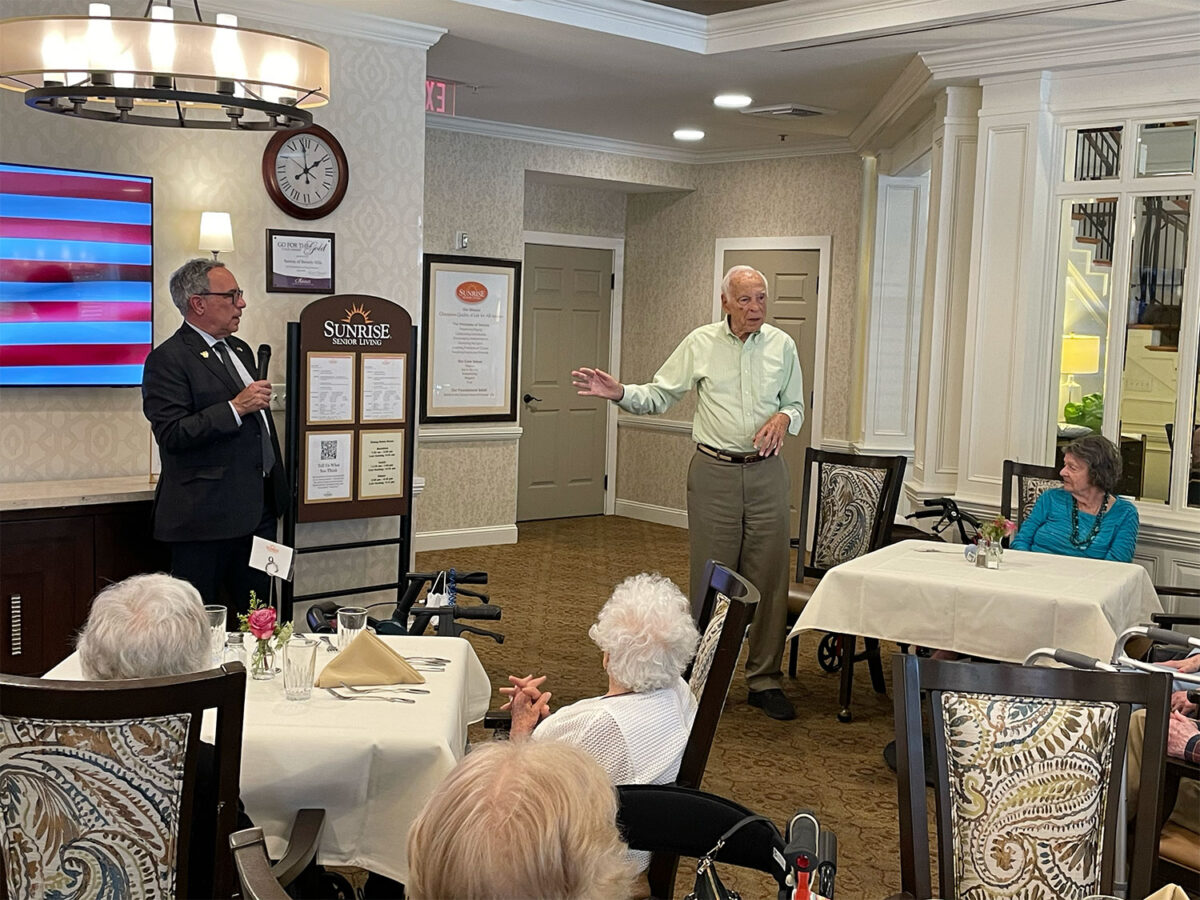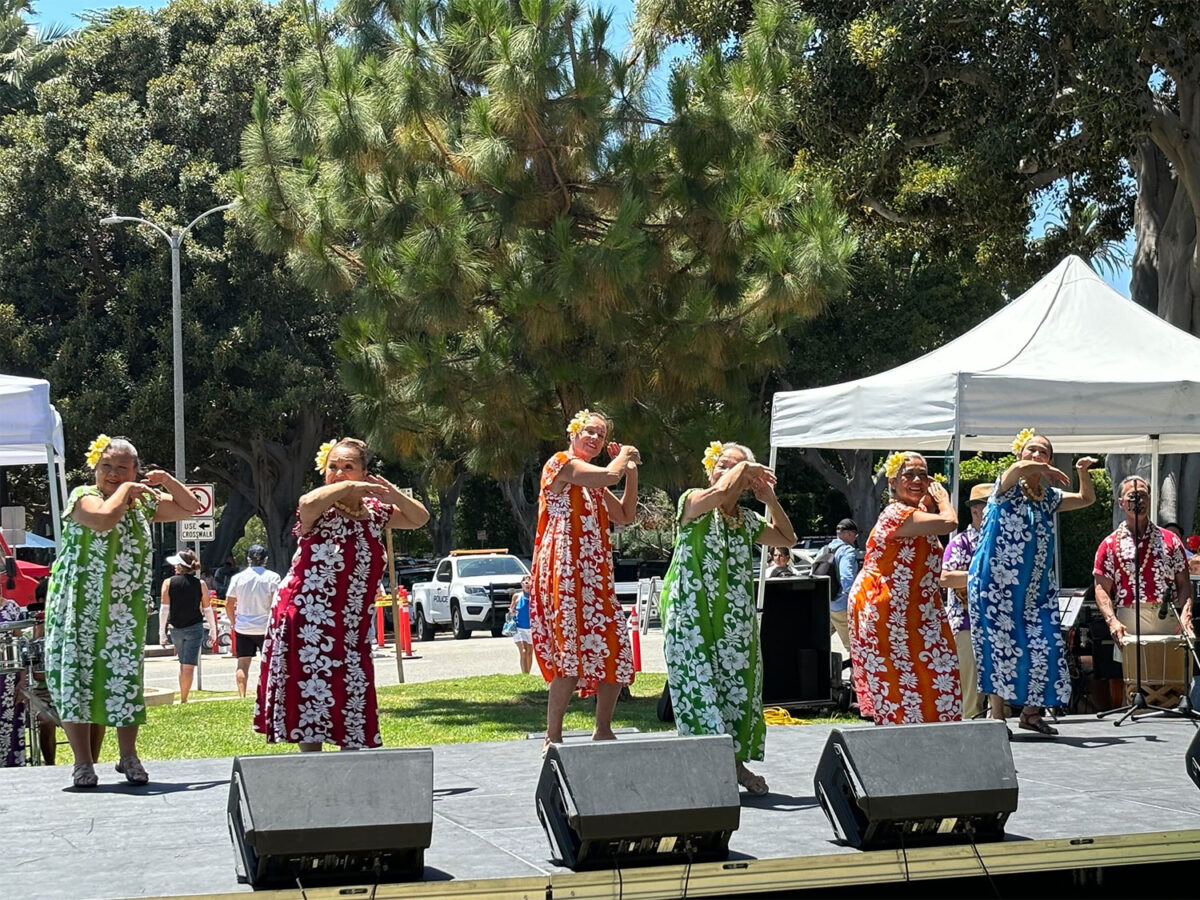An open letter, sent to the 2022 Beverly Hills City Council candidates and the Courier, is calling for office-seeking candidates in Beverly Hills to “actively discourage the establishment and support” of Political Action Committees (PACs) in the upcoming City Council election. With the June 2022 election less than a year away, the letter seeks to limit the role of PACs, which do not abide by the city’s limits on campaign spending and contributions. In response to questions from the Courier, multiple candidates vying for one of the three council seats open in 2022 expressed agreement with the letter.
Beverly Hills has unique provisions regulating campaign contributions and spending, which were passed in 2014. Candidates can only accept donations from individuals or organizations of up to $125. This limit rises to $450 if the candidate agrees to spend $80,000 or less. Additionally, for candidates who agree to the spending limit, the city will bear the costs of including their statement of support for their candidacy in the sample ballots mailed out to voters.
But even when candidates commit to reigning in their spending, PACs do not have to abide by the same limits. Political Action Committees are groups that pool together resources to support or oppose candidates, ballot initiatives, or legislation. While they can accept unlimited donations from individuals, groups, and corporations, they are not allowed to coordinate their activities with candidates.
To Peter Ostroff, who sits on the city’s Planning Commission and penned the open letter, this strikes him as an unfair arrangement.
“What’s your commitment to a spending limit worth if you can expressly or impliedly encourage or somehow acquiesce to these contributions?” he told the Courier. “In a small city like this, we have many bright, talented people. We should encourage folks to run for office whether or not they have very wealthy folks who are willing to support them for whatever reason.”
As such, the letter requests that “the written commitment to the spending limit submitted by any candidate voluntarily include a statement under oath that the candidate has no knowledge of or information about any actual or potential PAC support and will make it known that he or she does not want and will not accept any such support.”
The 2020 City Council race saw the participation of two PACs, most notably the Beverly Hills United to Support Bosse and Gold for Council 2020. While both Lili Bosse and Julian Gold agreed to the $80,000 spending limit, the PAC supporting them spent an additional $112,500, according to filings with the city. Additionally, candidates who agreed to the limit on expenditures could not accept donations over $450. However, the PAC supporting Bosse and Gold received four-figure donations reaching as high as $9,999.
The Courier reached out to the candidates for City Council for a response to the letter, including Sharona Nazarian, Andy Licht, Mayor Bob Wunderlich, Councilmember Lester Friedman, and Councilmember John Mirisch. Licht did not respond by press time.
“I support the effort to limit the role of money within our electoral system, specifically the role of PACs and dark money to try to influence elections,” Mirisch told the Courier. Mirisch said that he had no awareness of an existing or potential PAC and would reject any support from a PAC.
Mirisch confirmed publicly for the first time his intentions to seek reelection, though he has not yet filed the official paperwork with the city. “The election is in June of next year and there’s still a lot going on,” he said. “It’s not a secret, but I don’t feel a need to make any great grand announcement.”
Friedman told the Courier that he has “no knowledge of any actual or potential PAC support.”
“Additionally, I am not seeking support from any PAC and my campaign will not accept any such support,” he said.
Nazarian responded that she does not “want PAC’s playing a major role in this election.” She said that she was not aware of any existing or potential support from PACs.
Wunderlich told the Courier that he would adhere to the $80,000 voluntary cap on expenditures in the upcoming campaign. “I can only control donations to my campaign committee and will not be seeking donations from PACs to my committee,” he said. “I cannot have any involvement with and do not have any knowledge of independent expenditures.”
Candidates for office in Beverly Hills have voluntarily agreed to limit spending going back at least to the 1990s. In 1994, the eight candidates for City Council made an agreement with the Beverly Hills League of Women Voters to limit campaign spending to no more than $60,000, according to the Los Angeles Times. A similar effort in 1988 to get candidates to agree to a $65,000 limit failed to get traction, the Times reported.







